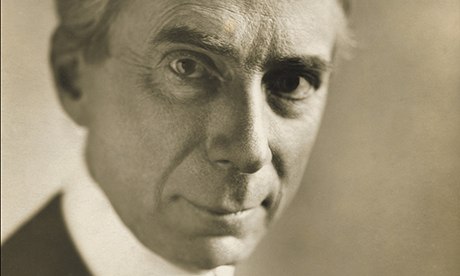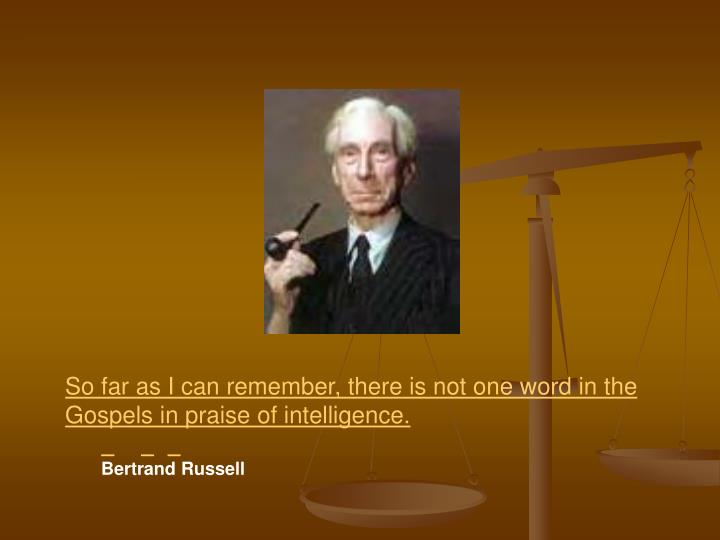


This was Russell’s view of human nature, as well. In what is called cognitive dissonance theory, psychologists today maintain that we tend to avoid uncomfortable truths by replacing them in our minds with more comforting fictions. Russell’s view of human reason is one confirmed by recent research in psychology. It’s not just human affairs that he thought irrational he thought people are irrational, and he seemed to think that we’re never likely to change. He held that in fact human affairs were carried on after a most irrational fashion, but that the remedy was quite simple and easy, since all we had to do was to carry them on rationally” (Keynes, Two Memoirs, 1946, pp.99-103).īut how fair is this to Russell? In fact, Russell seems to have held a decidedly less-than-rosy view of human nature early on, one which saw people as neither rational nor decent. “Bertie in particular,” Keynes said of Russell, “sustained simultaneously a pair of opinions ludicrously incompatible. Moore – that while their conversations were all bright, amusing and clever, there was “no solid diagnosis of human nature underlying them.” His friends, he claimed, had believed that the human race “consists of reliable, rational, decent people, influenced by truth and objective standards,” failing to see that there were “insane and irrational springs of wickedness” in people.

The economist John Maynard Keynes once said of his Cambridge friends in the years before World War I – including the philosophers Bertrand Russell and G.E. SUBSCRIBE NOW Bertrand Russell Are People Rational? John Ongley investigates what Bertrand Russell thought about human reason.


 0 kommentar(er)
0 kommentar(er)
